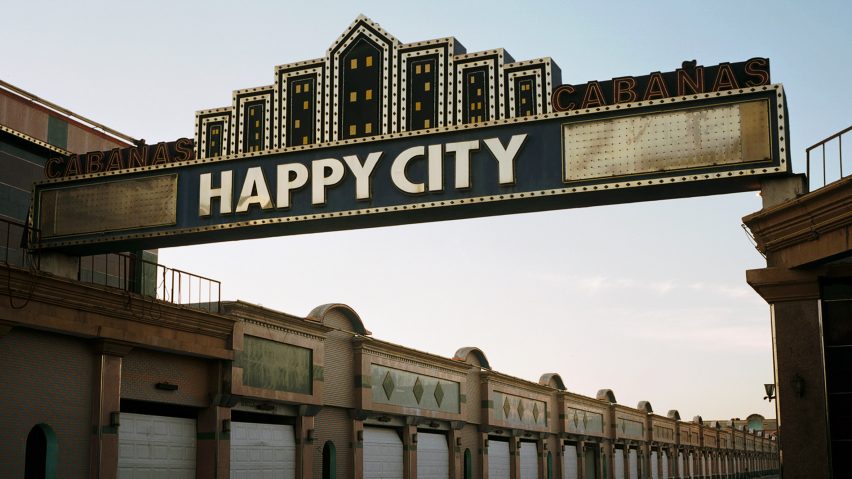
Happy City photography series captures Santo Domingo's "extravagant love motels"
Love motels in Santo Domingo disguised as grand palatial structures and quiet communities feature in this photo set by American photographer Kurt Hollander.
The Happy City series documents a number of motels used for sex, built among car repair shops, gas stations and parks on the outskirts of Santo Domingo – the capital city of the Dominican Republic.
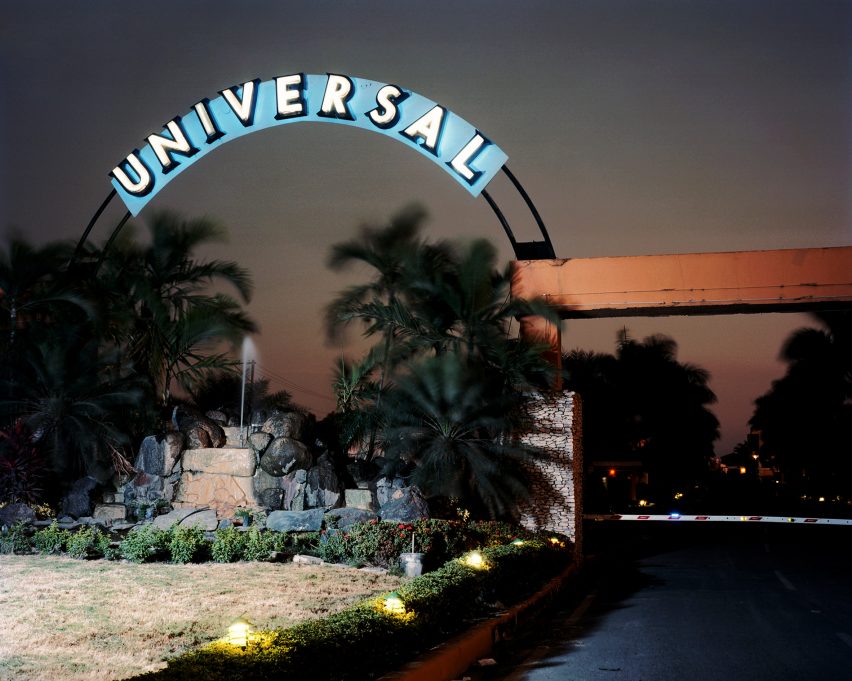
"The images are of a group of huge, extravagant love motels located on an industrial highway in Santo Domingo," Hollander told Dezeen.
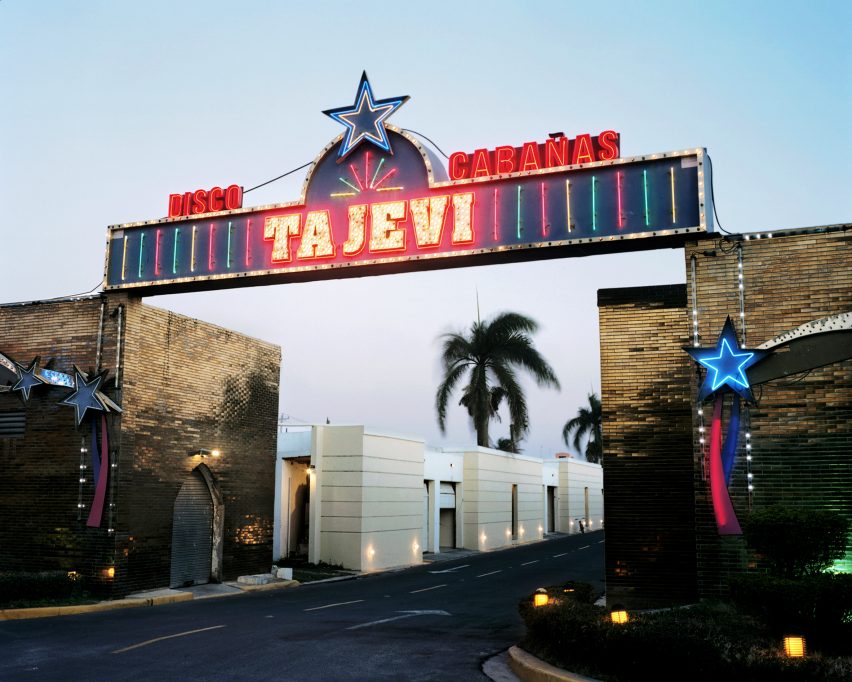
Hollander, who spent four days taking the images, has captured the exterior of the structures. All are devoid of people to leave an element of mystery to the activities that take place inside.
"The photographs, taken at dawn or dusk and without any people in frame, are intended to accentuate the emptiness of this architecture of desire, leaving it to the viewer to imagine what goes on behind the closed doors," Hollander said.
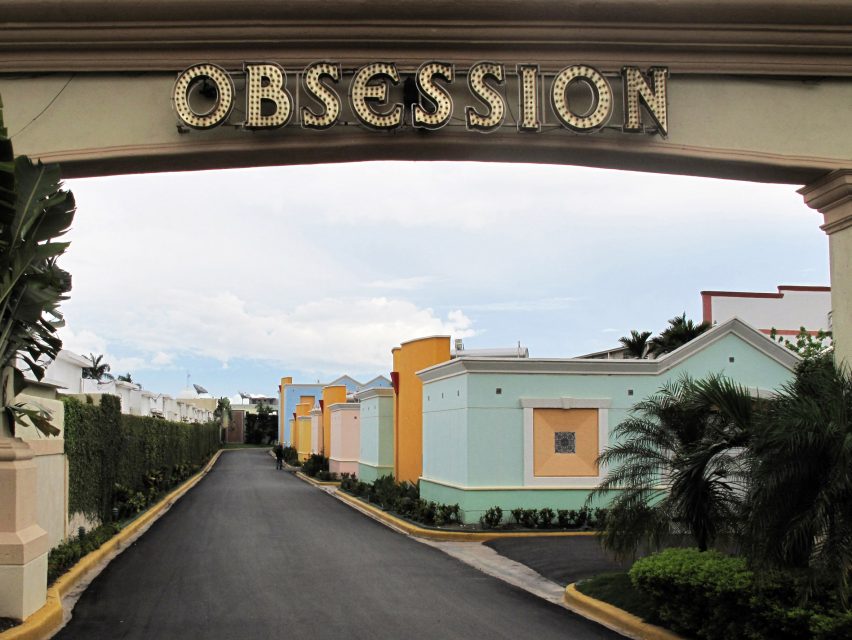
Bold, illuminated signage adorns a number of the motels, whose names include Obsession, Te Javi, Cariño and Happy City – after which the series takes its name. Each motel has a different design, ranging from ornamental buildings to those that resemble small villages.
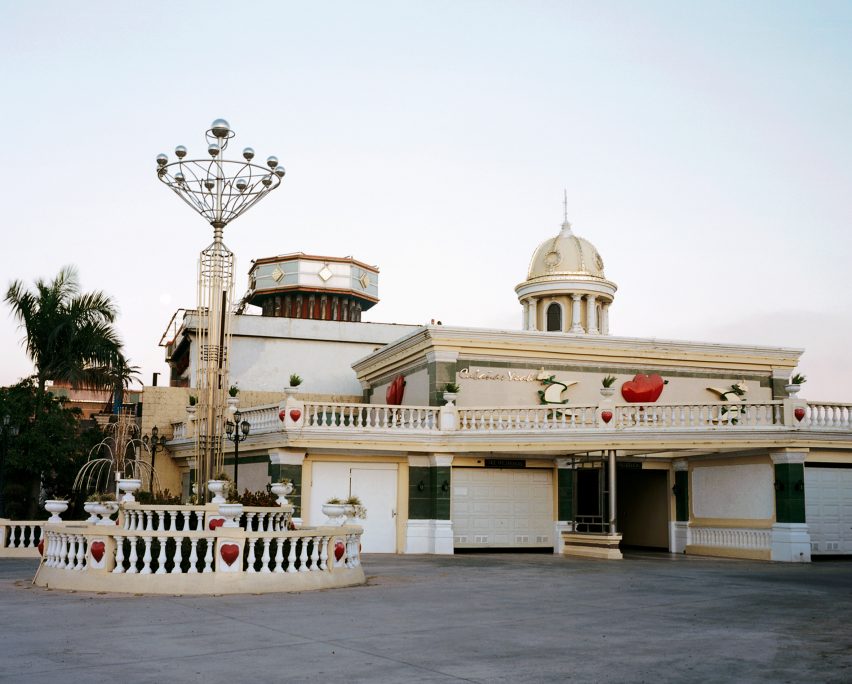
"Even though they were all built around the same time and were bankrolled by many of the same investors from China, each is a lavish tribute to a different architectural vernacular," the photographer added.
"Some of the motels were designed to look like exclusive suburban communities, with small houses spread out along inner courtyards flanked by palm trees, while others look like regal palaces with majestic cupolas."
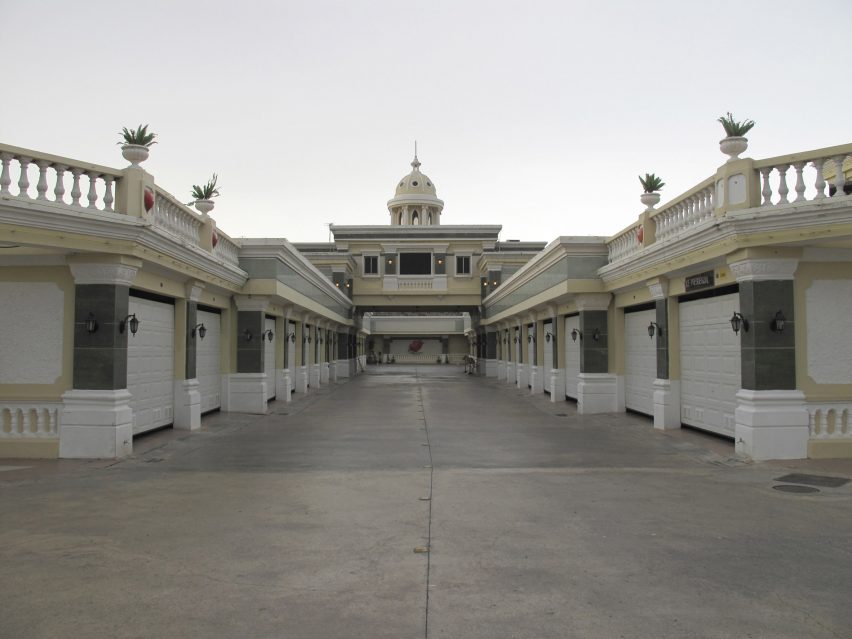
Happy City – one of the newest motels in the area – is fronted with decorative stone and white garage-like doors and Obsession's complex is made up of a series of volumes painted in pastel hues that Hollander likens to "toys for tots".
Red hearts detail one, while another features gabled houses with terracotta-hued elements.
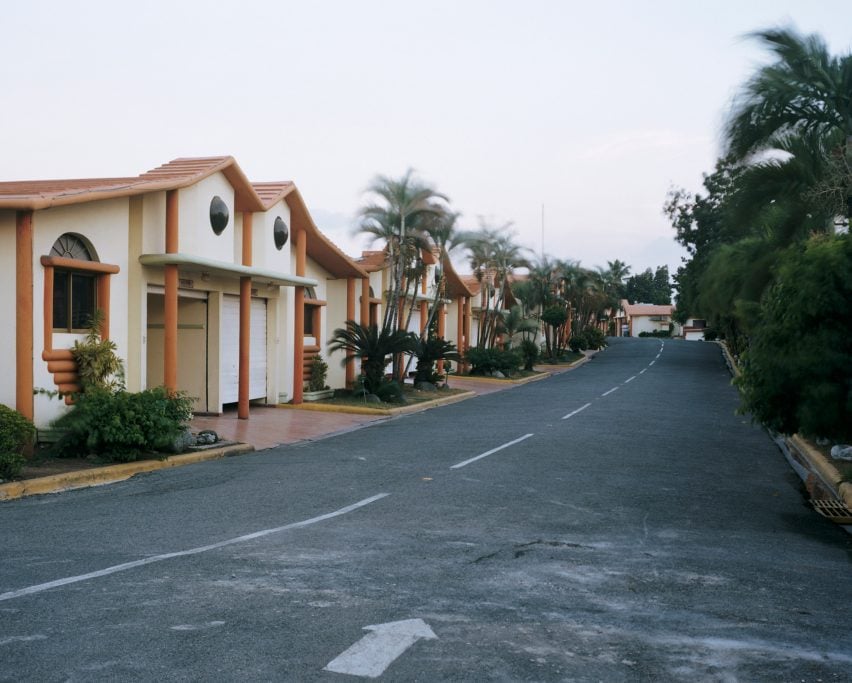
"Each motel is carefully designed to protect the identity of the local couples – married, in love, in lust – that choose to stay there for an hour or two," Hollander continued.
"As tacky or kitsch as they might appear to the educated eye, these love motels provide an ideal setting for good sex, something this uptight, overly materialistic world sorely needs."
While capturing the series, Hollander also found a number of traits typical to love motels like loud music and "groans or shouts".
"The motels are specifically designed to keep people from seeing and being seen, and thus there is never any interaction between guests and staff or guests and guests," he said.
"This invisibility allows people of all sexual persuasions to use these gigantic love motels as their own private pleasure palaces," he added. "Although the sexual activity is always out of sight, loud music is to be heard coming from all directions, often accompanied by loud groans or shouts."
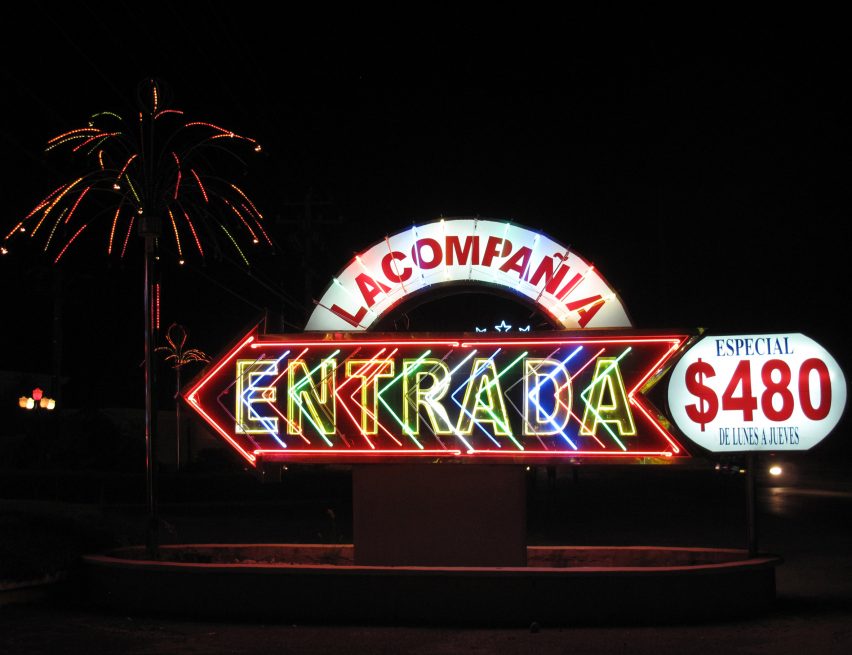
Happy City is Hollander's latest work that focuses on the architecture of sex. His other projects include Erotic Videochat Studios, which captures the "tacky innocence" of Colombia's erotic video studios.
Dutch duo Vera van de Sandt and Jur Oster have similarly created a photo series that captures the moods of intimate spaces designed for sex. Called Love Land Stop Time, it shows the interiors of Brazil's "tantalising" motels.